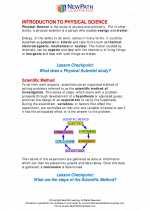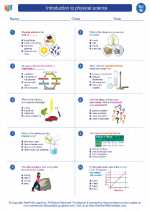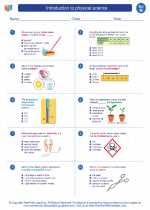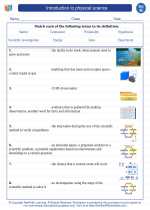Vitamin E
Vitamin E is a fat-soluble vitamin that acts as an antioxidant in the body. It is composed of a group of compounds called tocopherols and tocotrienols, with alpha-tocopherol being the most biologically active form.
Sources of Vitamin E
Vitamin E is found in various foods, including:
- Vegetable oils (such as wheat germ, sunflower, and safflower oil)
- Nuts and seeds (such as almonds, hazelnuts, and sunflower seeds)
- Green leafy vegetables (such as spinach and broccoli)
- Fortified cereals and other fortified foods
- Some fruits (such as kiwi and mango)
Functions of Vitamin E
Vitamin E has several important functions in the body:
- Antioxidant activity: It helps protect cells from damage caused by free radicals, which can contribute to the development of chronic diseases.
- Immune function: It supports the immune system and helps with the formation of red blood cells.
- Cell signaling: It plays a role in regulating various cellular activities.
Deficiency and Toxicity
A deficiency in vitamin E is rare, but it can lead to nerve and muscle damage, anemia, and weakened immune function. Toxicity from vitamin E is also rare, but excessive supplementation can interfere with blood clotting and lead to hemorrhage.
Recommended Intake
The recommended dietary allowance (RDA) for vitamin E varies by age and gender. For example, the RDA for adults is 15 mg (22.4 IU) per day.
Study Guide
- What are the sources of vitamin E?
- What are the functions of vitamin E in the body?
- What are the potential consequences of a vitamin E deficiency?
- What is the recommended dietary allowance (RDA) for vitamin E?
- How does vitamin E act as an antioxidant?





